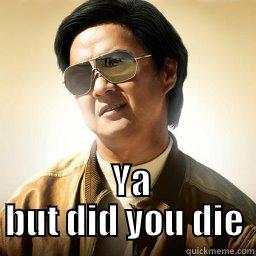- Joined
- Sep 8, 2008
- Messages
- 3,784
- Reaction score
- 3,783
- Points
- 5,316
- Location
- Mid-Atlantic
- Attending Physician
You’d be surprised how sky-high board scores can really impair critical analysis of an applicant. We had one particularly ridiculous resident who we had to usher out - it was apparent day 1 he was gonna be an issue but his near 280 Step 1 got everyone all starry-eyed. This guy’s solution to hypoxia in the middle of a case was to extubate the person and bag them and not call for help... it scared surgeons so much they refused to work with that individual.
After that and others they started blinding interviewers to scores, which made critical analysis of applicants better IMO. The scores came up during the rank meeting done monthly.
After that and others they started blinding interviewers to scores, which made critical analysis of applicants better IMO. The scores came up during the rank meeting done monthly.




 (yeah think about that emoji for a second)
(yeah think about that emoji for a second)